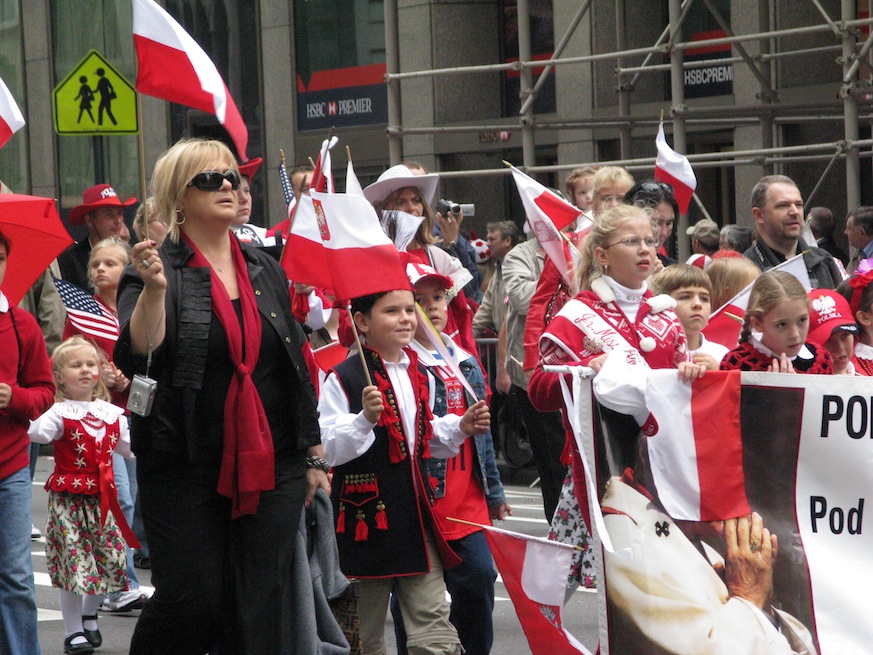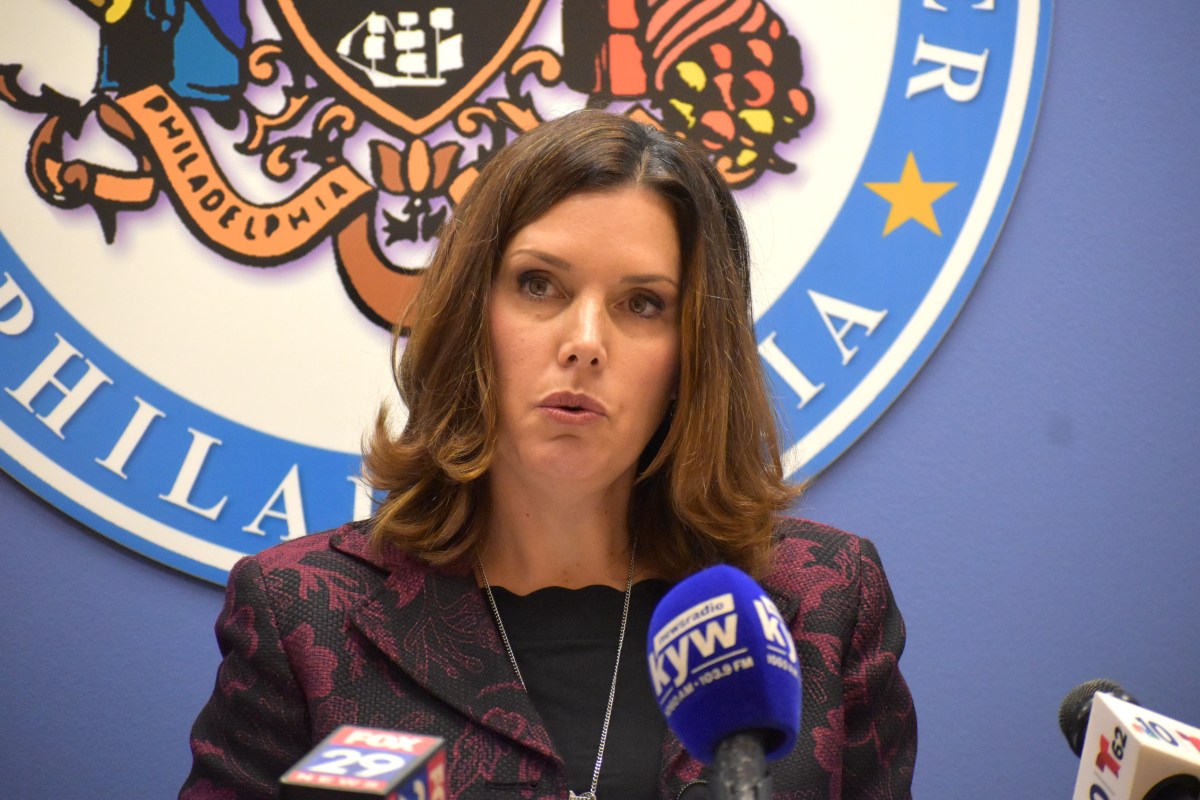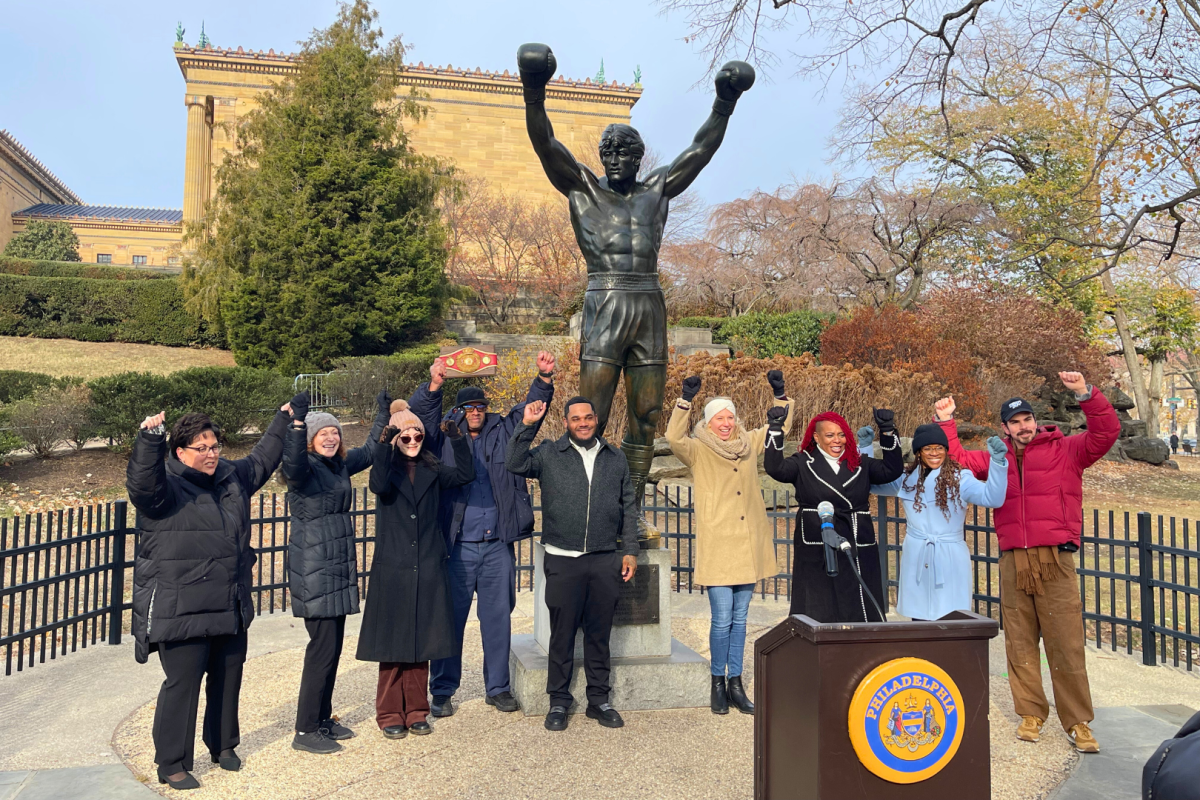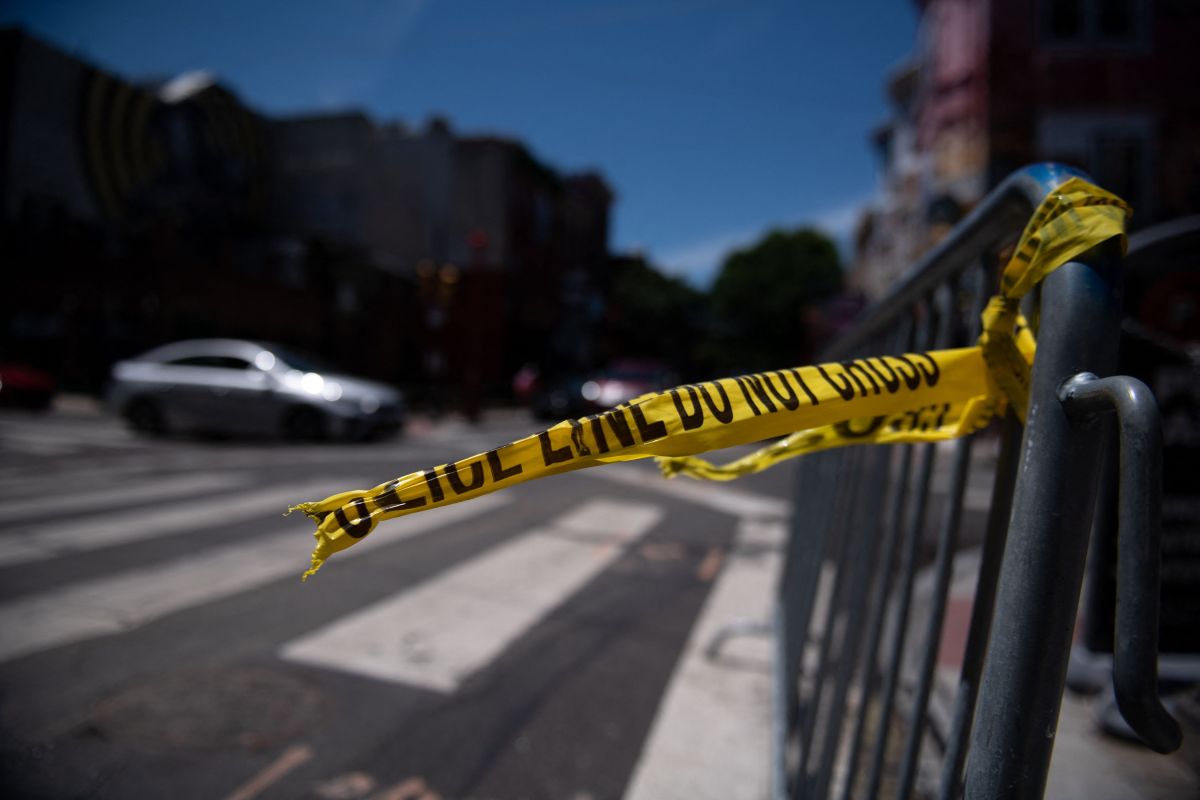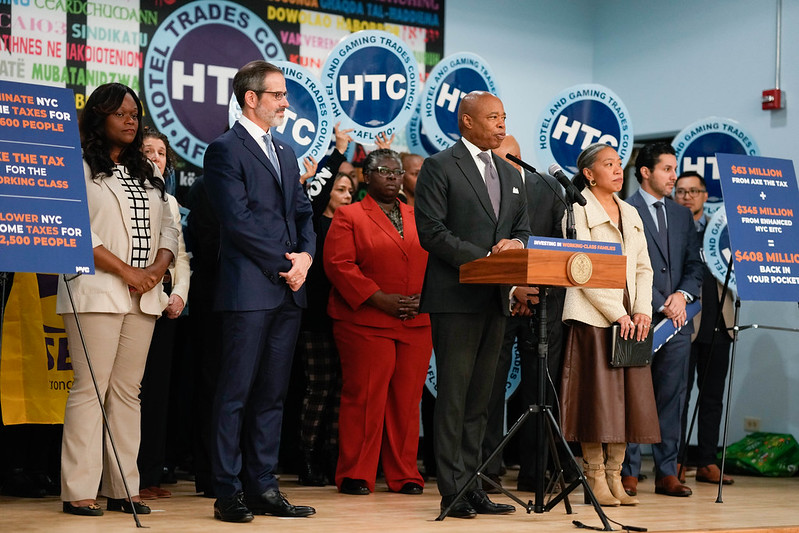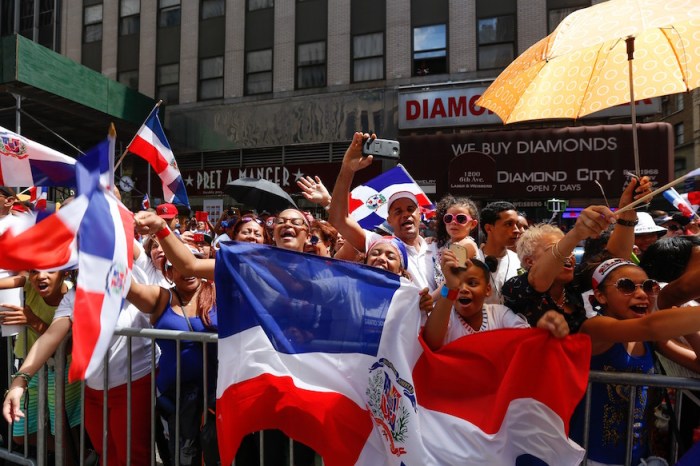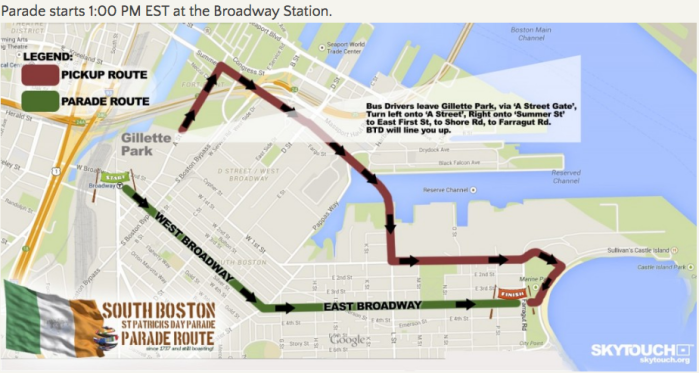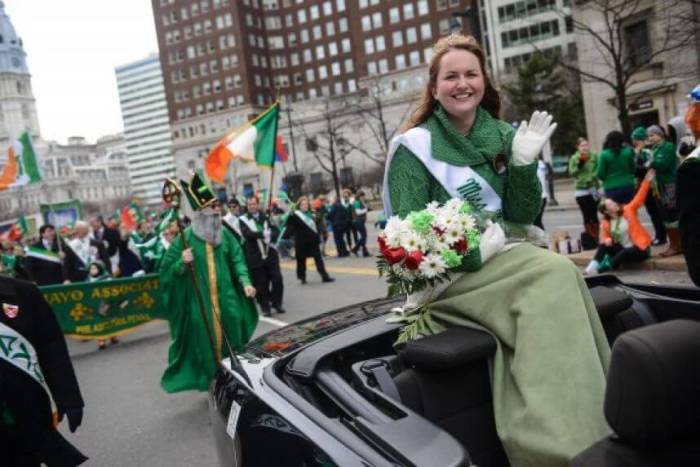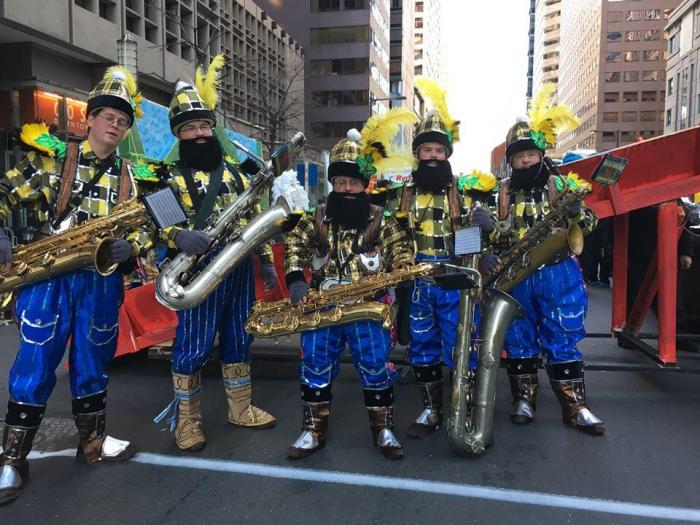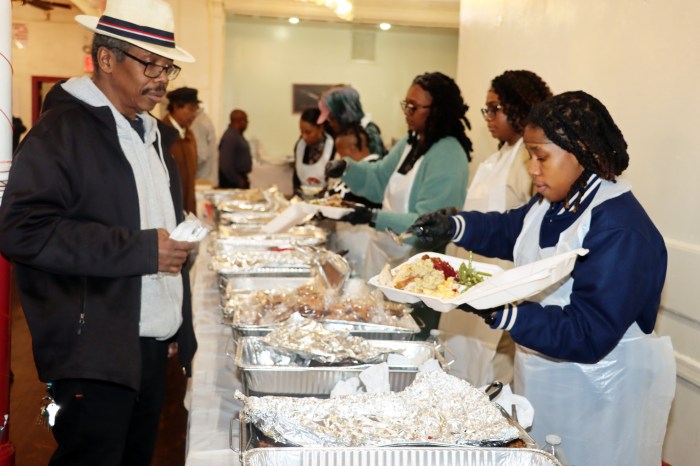The annual Pulaski Day Parade will take over Fifth Ave in Manhattan this Sunday, marking the 80th year that the Polish-American community in New York City has honored General Casimir Pulaski.
This year’s celebration is two-fold, however, as the 2017 parade theme is “Tadeusz Kosciuszko — Hero of Two Nations.”
“The average New Yorker might wonder why the Pulaski Parade is marching in honor of Tadeusz Kosciuszko,” said Anna Domańska, acting director of the Polish Cultural Institute New York, in a statement.
“Together, these two Polish names represent a shared history and an important chapter in the Polish-American relationship,” she continued. “Both men were Poles who fought for American freedom during the Revolutionary War and helped lay the foundations of the United States. Today, around 10 million Poles and Americans of Polish descent live in the U.S.”
The Pulaski Parade has been held annually since 1937, making it one of the oldest ethnic parades in New York, Domańska said.
This year’s celebration also coincides with the opening of the Kosciuszko Bridge, said Magdalena Mazurek, who runs public diplomacy programming for the institute. She noted that it’s “a great moment to commemorate the bridge’s namesake, and to learn about what he stood for.”
The 80th Pulaski Day Parade starts at 12:30 p.m. Thousands of Polish-Americans are expected to be marching on Fifth Avenue. The parade route runs on Fifth Avenue from 36th Street to 53rd Street.
Who is Tadeusz Kosciuszko?
The Polish Cultural Institute of New York describes Kosciuszko as “a Polish-American Brigadier General, a fighter for Polish and American freedom, designer of West Point, and strategist at the battle of Saratoga — the turning point of the American Revolution.”
Kosciuszko was an expert engineer and had extensive military education, according to History.com. He brought those skills with him to the American colonies, arriving here from Poland in 1776, and joined the revolutionary cause.
Kosciuszko then returned to Poland, where he led “a valiant but ultimately unsuccessful uprising against the nation’s partition by Russia and other foreign powers,” according to History.com.
He was imprisoned in Russia for several years, but made his way back to the States, “where he was welcomed as a hero.” (He never returned to Poland and died in Switzerland in 1817.)
History.com notes that Kosciuszko counted Thomas Jefferson as a friend, and Jefferson once called him “the purest son of liberty I have ever known,” according to the Institute.
The Institute also notes that Kosciuszko “stood up for the rights of African-Americans, Native Americans, and women, and in his will he left his money to free slaves, educate them, and give them a fair start in a democratic society.”

